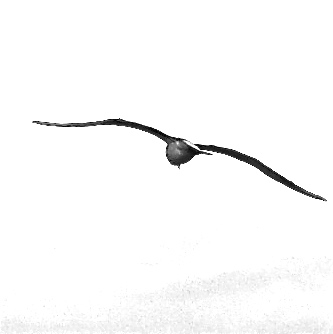
Context.
A family member contacted me and asked me if I’d consider writing a blog on what I had learned years ago, in the 70’s and 80’s, about the “ back-to-the-land” experience we (my husband, daughter, and I) had in Northern Vermont.
The move of two small-town people to hardscrabble Northeast Kingdom came after four years of military life during the Vietnam war, followed by low pay work then additional education and a search for where to settle “after”. Opposed to the war while being in the midst (and a part of) what supported that war had been a sobering reality. We had aligned our hearts with those fighting the horror from the inside and it took its toll. We were done with the helpless/hopeless feelings of those times and sought escape via self-sufficient living as close to the Canadian border as we could get. The optimism of the 60’s was dying and Nuclear Winter seemed not only possible but eminent.
After a dozen or so years full of uphill learning curves, the other scourge of our times unfolded: the baby boomer quest of dumping what you had for the promise of an immediate something better —drugs, lifestyle, partners— that was occurring in our cohort happened to us. When I stopped sobbing, I looked up and realized the house with two barns, a garage, and a pond along with the vegetable gardens, the woodpile, the pigs and chickens, and not-enough-salary job potentials within drivable miles required a partner—a family. Going it alone was not possible. I bailed.
This is not what I was asked to write. In thinking about the mostly self-taught skills I gathered during those back-to-the land years I can only see it in context. Those who are living the current version of such lifestyles actually may have a related origin story as these times, so fraught with the have/have not discord, are not so far away from our flight from a right-wrong, war-divided culture. The skills needed to provide for oneself are still learnable but now perhaps without the instructional conversations we had been able to have with our Vermont farm neighbors back then. And the cost of sufficient acreage has gone through the roof.
Do I still remember how to do all of those things I learned back then? There are so many other skills that had to come in finding and learning a profession and the years of negotiations needed for living life as a single, self-supporting woman in a partnered culture. So much hard won knowledge–weaving, horticulture, food preservation, and more–went to the back of my mind as grad school demands and city living required immediate attention. I have no idea if any of that knowledge is still present.
My current focus is facing the challenges of aging. As asked, I look back on those hard earned skill sets and consider my now broken arthritic self. Was slinging the fifty pound sacks of chicken feed or the hours spent rotor-tilling those gardens what so damaged this body? Something did. I don’t know if those homesteading skills still hang out in unused portions of my brain and, if so, I don’t know how to access the links
I am relearning one important piece: community is essential. Going “it” alone is not possible. Our strength, our survival, is only possible by working together. City or country, young and strong or old and getting by, insufficient or self-sufficient, as surely now as then, divisiveness fractures our strength and dilutes what is possible.
Survival skills last just so long just as the bodies that house them. Is it possible for those of us who went back-to-the-land back then to transmit what we knew to those wanting such a lifestyle now? Everything changes. I suspect what I learned then, or what my memory might recall, would not be current enough to help. We are all in this together which means we need to do the work that needs to be done–together. Despite all our efforts however, no one here gets out alive.


Lovely piece Jane. I hope a film/documentary called “Biggest Little Farm” comes to your area. An L.A. couple adopt a dog and, as their apartment is too small to accommodate the dog energy, they decide to move 100 miles north and start a farm on a 200 acre piece of arid, used up land. Utilizing Go Fund Me, and a band of volunteer workers, and a sort of land analyzing specialist, they miraculously transform the land into a bountiful, beautiful, diversified and ecologically sound agricultural wonderland. Tragedies and mistakes happen, of course, but they succeed in their endeavor, and after birthing many animals on the farm (the piglets are so adorable!), they have their own baby. The instigator of the whole enterprise, Todd the dog, lives out his happy life there in the country, herding the sheep. Great film.
LikeLike